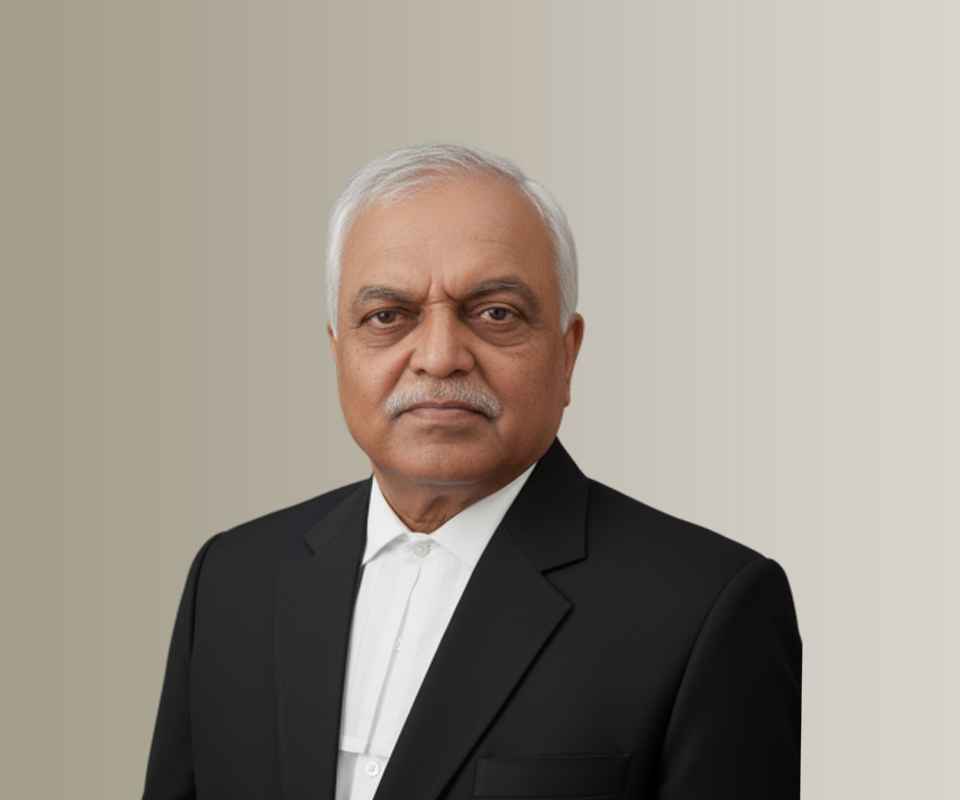Answer By law4u team
In the Supreme Court of India, an Advocate-on-Record (AOR) is a specially designated advocate who is authorized to act and plead for parties. Only an AOR is entitled to file a case or document before the Supreme Court on behalf of a client. Here is a detailed explanation of their role: 1. Who is an Advocate-on-Record (AOR)? An Advocate-on-Record is a lawyer who has passed the AOR Examination conducted by the Supreme Court of India. The designation is specific to the Supreme Court, and not applicable in High Courts or lower courts. 2. Main Roles and Responsibilities of AORs: 1. Filing Authority in Supreme Court Only an AOR has the exclusive right to file a vakalatnama, petitions, affidavits, applications, and other legal documents in the Supreme Court. A regular advocate cannot file a case in the Supreme Court unless it is done through an AOR. 2. Liaison Between Client and Court The AOR is the point of contact between the client and the Supreme Court. They ensure compliance with all court procedures, time limits, and filing norms. 3. Legal Drafting and Case Handling AORs are responsible for drafting pleadings, verifying documents, and making sure the petition complies with the Supreme Court Rules. They also maintain the court records and keep track of case progress. 4. Accountability The AOR is held personally responsible by the Supreme Court for the conduct of the case. If any procedural errors or false representations occur, the AOR may face disciplinary action or penalties. 5. Representation in Court Though the AOR is entitled to argue in court, they may engage senior advocates or other lawyers to argue the case, while they remain on record. 3. Qualification Requirements to Become an AOR: To be eligible for the AOR exam: The advocate must have at least 4 years of practice as an advocate. Must undergo 1 year of training under a senior AOR. Then appear for the AOR exam, which includes: Drafting Practice and Procedure Professional Ethics Leading cases Only after passing this exam, an advocate is enrolled as an Advocate-on-Record by the Supreme Court. Summary: An Advocate-on-Record (AOR) in the Supreme Court of India is a specially qualified advocate who alone can file and manage cases before the Court. They serve as the authorized representative of the client, ensuring procedural compliance and accountability for the case. This designation is unique to the Supreme Court and governed by its own rules and requirements.









